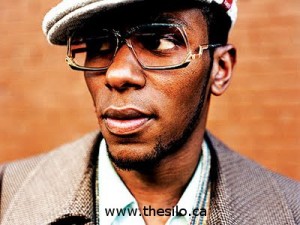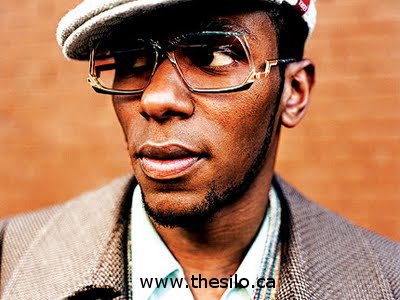
Hip-hop is not rap, although rap is part of hip-hop. Hip-hop is a culture and style that was born in the American city, growing out of the minds and experiences of predominantly African-American communities in late ’70’s New York. But by now it is everywhere. They love hip-hop in India and South America and here where I live in Norfolk, most farmers may not listen to hip-hop, but their kids certainly do.
Hip-hop is also a beat: the beat of rap music, the beat of the city beating here in the country, over the airwaves and out of car windows, vibrating through headphones in the air-conditioned cabs of tractors. It is a beat originally created by isolating the percussion breaks of jazz and funk records and remixing them live for dancing and block party revelry, and later to accompany the flowing, groove poetry of a whole new kind of poet: the rapper, Master of Ceremonies or MC—often poor and disenfranchised, but still creative, soulful and strong. Hip-hop, in its original form, could be considered a kind of technological, urban folk music, in the sense that its early practitioners did not record their sounds, and even resisted recording. Hip-hop was something that happened live.
But was rapping really a new form? There is another part of this story that has always interested me. In many of the African tribes from which slaves were stolen, the griot (pr. gree-oh) was a cultural fixture. Griots were to West-Africa what the bards or troubadours were to Europe: mobile repositories of history in the form of oral tradition; cultural history sung and chanted to the beat of drums. Except in the case of the griot, that beat was African.
Griots were also expected to improvise poetry based on the current social and political scene, and were known for their sharp wit and verbal mastery. In many parts of West-Africa, a party still isn’t a party without a griot.
It is a testimony to the resilience of slaves that, denied the right to speak their own languages, they found other ways to speak, and sing, their true voices. There were the work songs of course, documented before they disappeared in the field recordings of Alan Lomax. But consider other examples. As blacks embraced Christianity, they injected the forms of church with Africanness. Black preaching became famous for its emotional power, spontaneity and, you guessed it, verbal mastery. Black gospel, blues and then jazz took the existing forms of American church music, folk and brass military music and made them African. Jazz and blues again incorporated the principle of the masterful voice, not spoken this time, but sung through the instrument itself, giving us the improvised instrumental solo. And rock and roll is a whole other subject…
Given this history, hip-hop is seen as an urban innovation on an old theme and a turn, perhaps full circle, back to the centrality of The Word. Rap is not merely poetry to a beat: these words flow with and around beats to create layers of syncopation, tickling the mind while they move the body. They are polyrhythms with verbal content.
At this level hip-hop is an art form, and while we may not always like the content of an artist’s message, if we care about art we can still engage with it on the basis of its merits. And we may consider its context. Some people, even creative people, will respond to poverty and systemic oppression with anger and violence. Some will focus their desire on all the trappings of money and fame formerly denied them. It’s not so hard to fathom.
But there are some, a few, who go another direction for justice. These are the warrior-poets who seek from pain the gifts of understanding, even wisdom. Even love. Hip-hop is known to borrow motifs from kung-fu movies, because there, too, you find the archetype of the warrior-artist, skills honed to razor sharpness, delivering beat-downs with fists if necessary, but just as often with the mind itself.
Granted, you will not find much of this style of writing on the radio. But it’s out there. To dig deeper, Google “conscious hip-hop” or “underground hip-hop” and see where that takes you. Word. For the Silo, Chris Dowber.

One thought on “Griots And A Strong Sense Of What Hip-Hop Means”